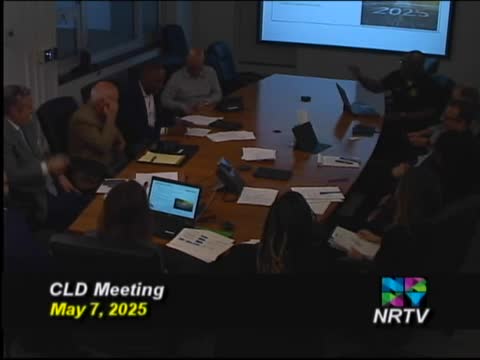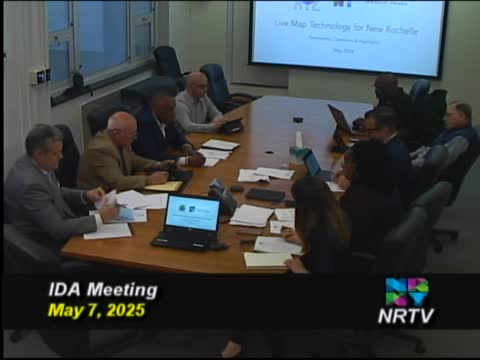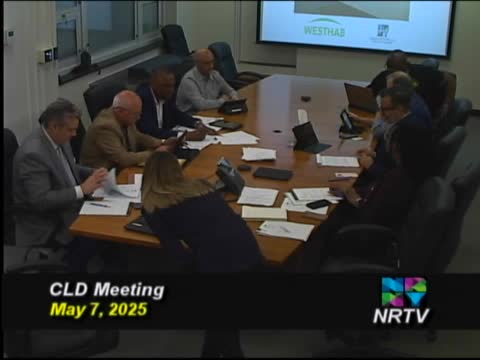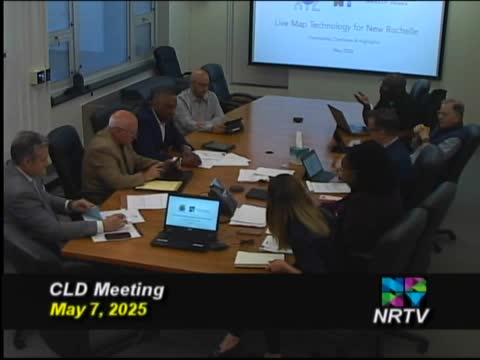Article not found
This article is no longer available. But don't worry—we've gathered other articles that discuss the same topic.

CLD approves $10,000 sponsorship for New Rochelle Council on the Arts gala

IDA consents to refinancing at 583 North Avenue; no new assistance requested

City extends and augments First Source services with Westhab to add retention tracking and casework

